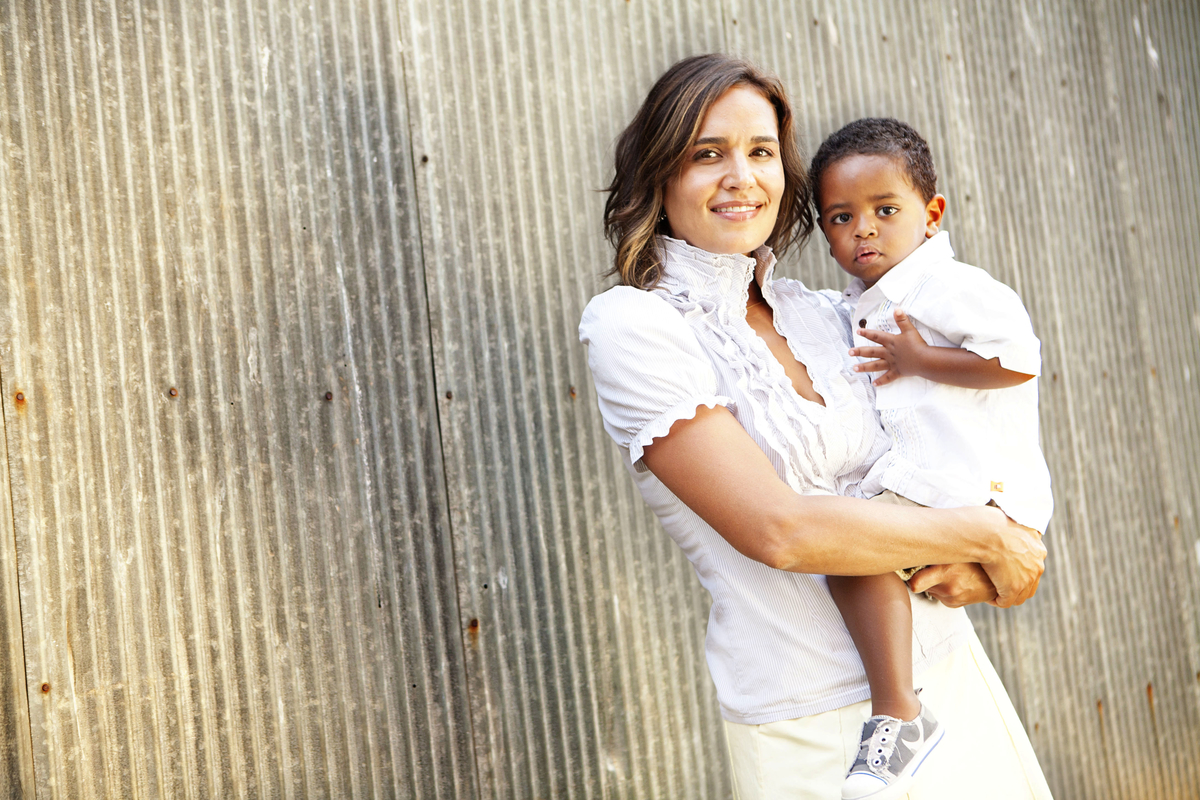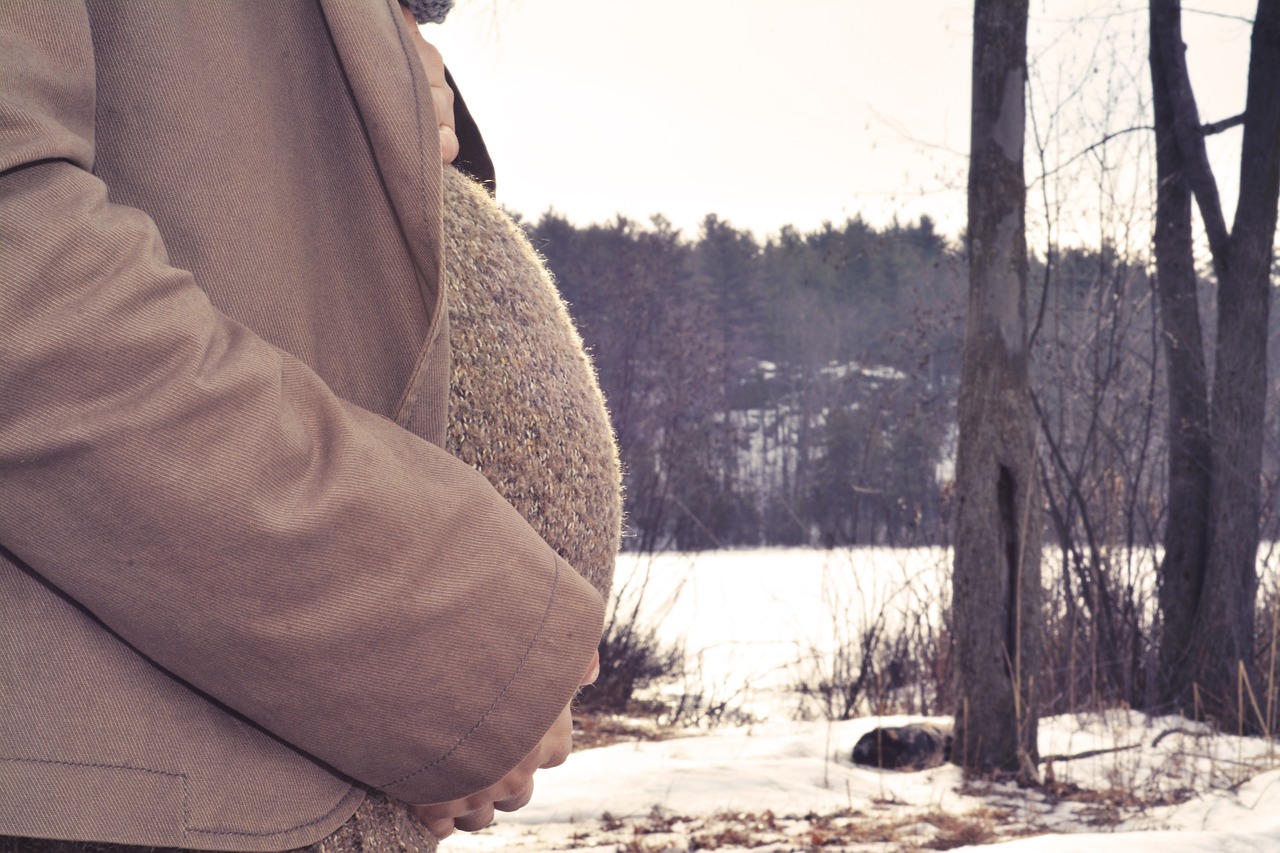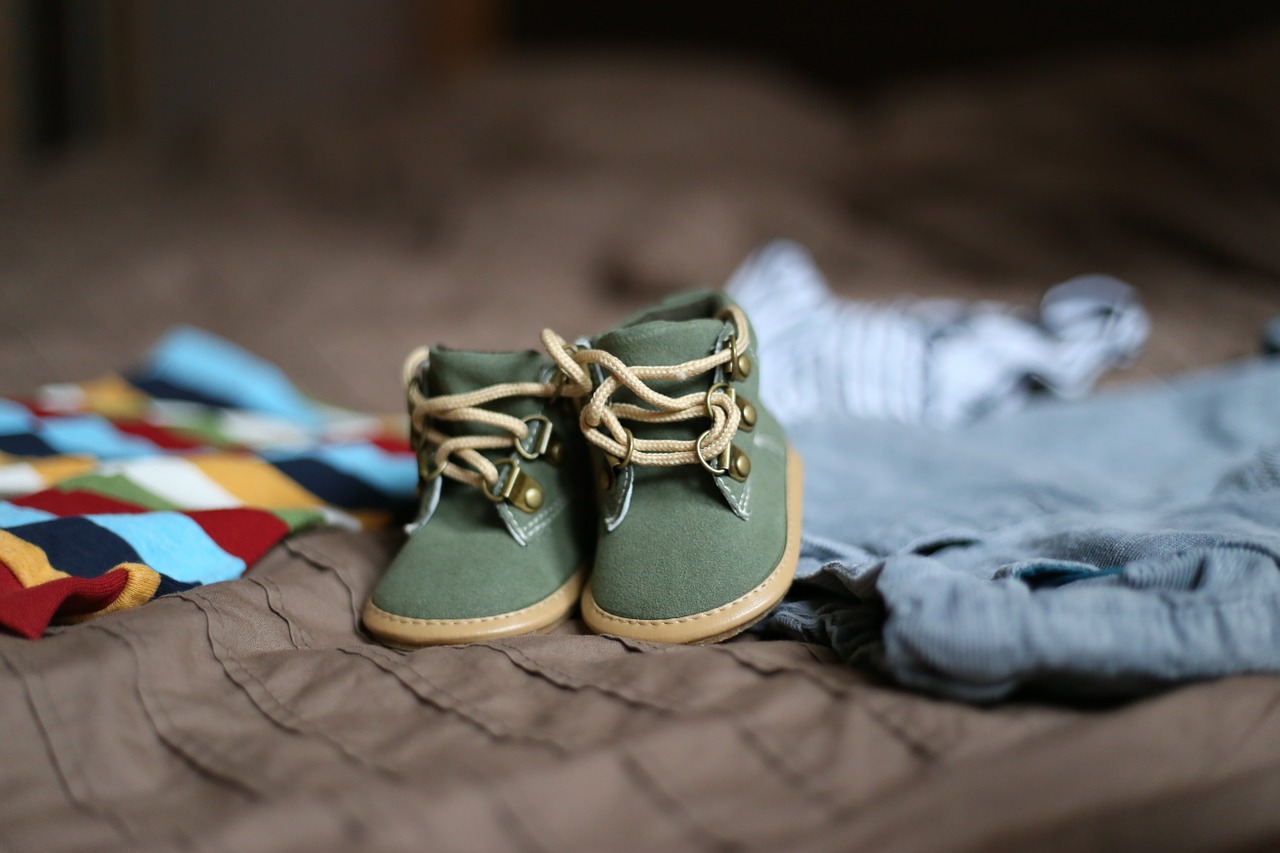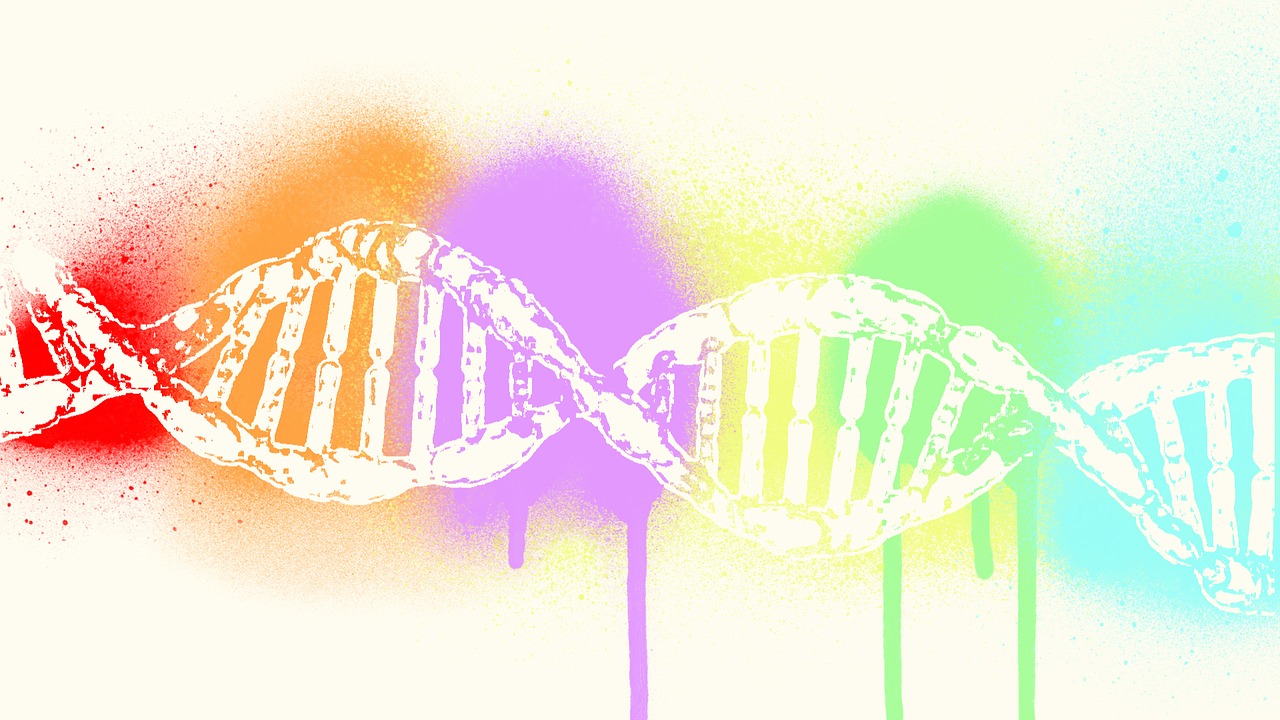Many people arguing for the moral and social legitimacy of surrogacy will rather recklessly throw out the issue of adoption, believing that the two are quite similar things. But the truth is, they could not be more different. This is especially noticeable when we focus the discussion on children and their wellbeing. The main difference certainly involves the children themselves. In adoption there is a need for children to be looked after, so substitute parents are brought in to look after them. In surrogacy there are no children involved – at first. They are deliberately created, or manufactured, to satisfy adult desires. As one relinquishing mother put it, “In adoption, a family sought a child in need of a family. In surrogacy, you are creating children for adults’ needs.” Moreover, in adoption legislation, the interests of the child are clearly paramount, something which is not the case in surrogacy. As one bioethicist puts it:
Adoption standards and practice have been constantly revised and refined in the light of new understandings developing in the field. . . . It is illegal to take a consent to adoption prior to the birth of the child, for the reason that a woman cannot be expected to make a lifelong decision for herself and her baby in the vacuum of the non-existence of the child.
As Kevin Andrews has remarked: “Adoption is a community response to the necessitous circumstances of a child already conceived and born, which differs markedly to the circumstances of a child conceived and born for the purpose of transfer to another couple”. Ethicist Leon Kass says this: “We practice adoption because there are abandoned children who need good homes. We do not, and would not, encourage people deliberately to generate children for others to adopt.” Or as Maggie Gallagher has put it:
Surrogate contracts and adoptions are not comparable. Adoption is the fulfilment, not the negation, of parental responsibility. Especially in a country where abortion is cheap and easy, when a woman gives her baby up for adoption she has thereby acknowledged her obligations to her child. Almost always, adoption is part of a conscious attempt to do what is best for the child. The surrogate mother does not admit she has any special obligations to her child; she does not admit that it is hers. The child cannot obligate her, she obligates it: It is a product, conceived for sale and use.
David Blankenhorn also adds his voice to the fundamental nature of adoption:
Adoption is a wonderfully pro-child act. Adults respond to a child’s loss with altruistic, healing love. . . . Adoption does not deny but in fact presupposes the importance of natural parents. For this reason, despite all the good it does, adoption is ultimately a derivative and compensatory institution. It is not a stand-alone good, primarily because its existence depends upon prior human loss.
Natural parents of course largely disappear in surrogacy arrangements. Ethicist David VanDrunen discusses the differences found between adoption and surrogacy. He speaks about the moral question we must face as to “whether we ought intentionally to create situations in which biological links between generations are attenuated, confused, or even ruptured. In essence, third-part-parenthood arrangements intentionally create adoption scenarios.” But this is how they differ. Adoption, he says, is “a charitable act that rescues abandoned and orphaned children.” He continues:
Surely it is a charitable act – precisely because we recognise these children’s tragic circumstances. In an ordinary adoption situation the adoptive parents are responding to a child’s tragic situation and seeking to bring good out of it. In a third-party-parent arrangement, however, the parents are creating a child’s tragic situation, a situation in which he will be taken away from his birth mother or be raised by someone other than his biological mother or father.
And Jessica Kerns, a product of surrogacy, whom I mention above, also explains why we are dealing with apples and oranges here:
It really is the buying and selling of babies, and the commodification of women’s bodies. There’s a huge difference between the adoption world and the donor-conceived world. [The] institution [of adoption] was not … created for the parents, to give them a kid. It was created for the opposite, to put children in a home, because they’re here already and we’re responding to a catastrophe. Donor-conceived [children], we’re creating them with the intent of separating them from their biology, and you know … it’s vastly different.
Bioethicist John Ling offers us the big picture on all this, and is well worth quoting from here. He says:
Should we view surrogacy not only as the commissioning mother wanting a child, but also as the surrogate mother – and in law, she is the legal mother – not wanting her child? She has deliberately embarked on a pregnancy with the clear intention that she will abandon her baby. The birth of any child is surrounded by a spectrum of emotions, perhaps none stronger than that of the mother’s love for the child she has carried and delivered. The surrogate knowingly sets out to ignore these natural instincts. Furthermore, can a commissioning mother develop this maternal love without the psychological and physical springs of this bonding, namely, pregnancy and childbirth? Surrogacy is not like adoption. The great difference is that adoption seeks to enhance the love for, and security of, the child. Surrogacy has the long-term, premeditated intention of just the opposite. It should be shunned.
One lobby group, Them Before Us, is quite concerned about this and the other new reproductive technologies. Katy Faust reminds us once more what the core issue is here. It is all about the child. The interests of the child should always be paramount here. As she says in an article highlighting the differences between surrogacy and adoption:
Them Before Us supports adoption, when it is properly understood. Adoption must always be viewed as a child-centric institution, not simply as a means for adults to have children. No adult – heterosexual, homosexual, or single – has a “right” to adopt. Rather, every child has a right to parents. In adoption, the intended parents are not the clients. The child is the client.










